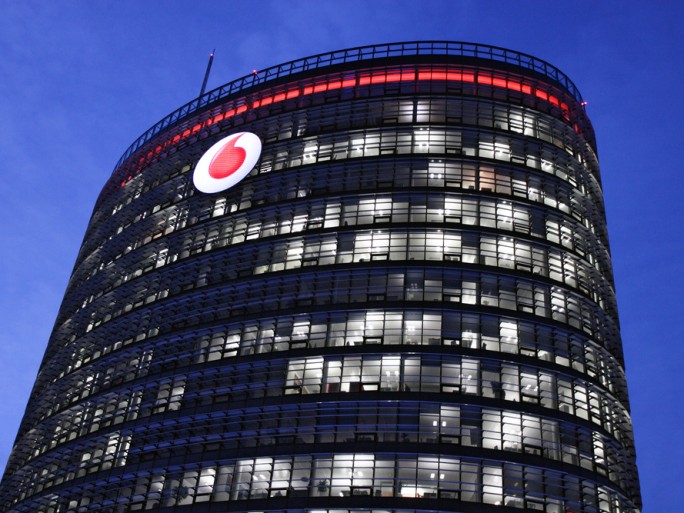Vodafone & CityFibre To Bring FTTP Broadband To 5m UK Premises

Vodafone and CityFibre press ahead with FTTP plans in move that could shakeup UK broadband market
Vodafone and CityFibre are to build a fibre to the premise (FTTP) broadband network that will serve as many as five million properties in a move that could shake up the UK telecoms market.
Construction work will start next year to deliver FTTP to one million homes and businesses by 2021, after which there is an arrangement to expand to four million more. The first towns and cities will be announced early next year.
CityFibre will build and operate the network, while Vodafone will have a period of exclusive rights to use the network in exchange for a minimum commitment.
Vodafone CityFibre FTTP
The development is significant as it will help CityFibre establish itself as a credible wholesale alternative to Openreach, accelerate Vodafone’s FTTP ambitions, and free it from its dependency on BT.
Vodafone is a recent entrant to the UK home broadband market and at present uses a combination of the Openreach network as its Cable & Wireless assets to deliver services. However, it has bought, built or part invested in ultrafast infrastructure in a number of countries including Spain, Italy and Ireland.
Indeed, it claims to have a footprint of 99 million premises across the continent.
“Vodafone is already playing the leading role in building the Gigabit Society across Europe by providing customers with high-speed, high-quality broadband,” said Vodafone UK CEO Nick Jeffery.
“The UK has fallen far behind the rest of the world, trapped by the limited choice available on legacy networks. We look forward to working with CityFibre to build the Gigabit fibre network that the UK needs and deserves.”
CityFibre does not operate any broadband services of its own and instead targets towns and cities outside London by building FTTP networks for ‘anchor’ tenants such as local councils or mobile operators and architects them in such a way that they can be extended to residential areas so capacity can be sold on a wholesale basis to ISPs. It claims this ‘demand-led’ approach de-risks investment.
It bought KCOM’s national network outside of Hull and East Yorkshire for £90 million in 2015 and with Vodafone as a major anchor tenant around the country, it hopes to fulfill its ambition of being a national challenger to Openreach, which it has previously discussed with Silicon.
“This agreement will unlock the UK’s full fibre future and is a major step forward in delivering our vision for a Gigabit Britain,” added CityFibre CEO Greg Mesch. “With this commitment from Vodafone, we have a partner with whom we can transform the digital capabilities of millions of homes and businesses and establish an unassailable wholesale infrastructure position across 20 percent of the UK broadband market.”
The development could have a knock-on effect on Openreach’s consultation for a wide-scale rollout of FTTP. The newly-independent BT business had invited customers, including Vodafone, to participate following calls for Openreach to invest in the technology.
Meanwhile, the government has stated its preference is for a ‘full fibre’ Britain.
Openreach has committed to delivering ‘ultrafast’ broadband using a combination of FTTP and G.Fast – a technology which speeds up copper lines – to the majority of the UK within a decade.
“We welcome this news and the competition,” an Openreach spokesperson told Silicon. “As we’ve said consistently – investing in more Fibre-to-the-Premises technology across the UK will need commitment from the whole industry.
“For our part, we’ve invested more than £11bn over the last decade to upgrade Britain’s digital infrastructure – helping it to become the leading digital economy in the G20.
“We hope this plan to reach one million front doors by 2021 can complement our own programme of upgrading two million premises, which is already well under way. We have also been consulting our customers on an ambition to reach 10 million homes and businesses with FTTP by the mid-2020s, and we’ll give an update on that process before the end of this year.”